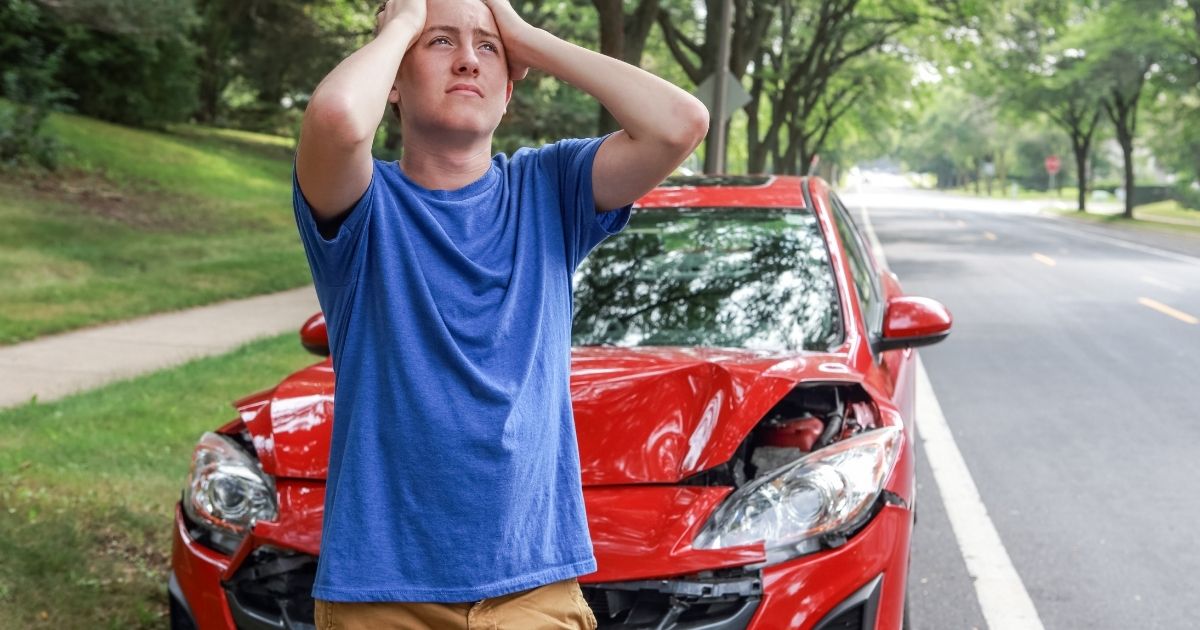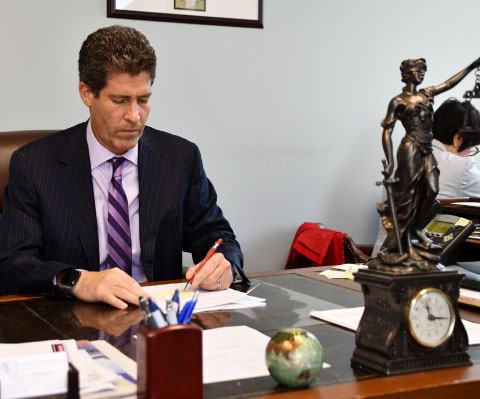Are Parents Liable for Their Teenaged Children’s Car Accidents?
September 20, 2021

Many researchers have produced statistics that depict teenagers at the highest risk for car accidents. This is due to their age, lack of experience, and the fact that they are more prone to being distracted while driving. When it comes to the liability of teenage drivers, parents are normally in question. It is important for parents to instill safe driving habits in their children to avoid accidents. If in the event there is an accident, an experienced car accident lawyer will work with the family to present a fair and honest case. There are different methods and approaches parents can take to ensure their children are being smart, cautious, and responsible when taking to the road.
How can Parents Educate Their Children on Safe Driving?
- Parents should talk to their children about being responsible drivers and respecting the road, its rules, and other drivers on the road.
- Parents are encouraged to take their children on drives to help them practice driving in various weather conditions, addressing detours, and applying the road rules to real life.
- Parents should set safety rules regarding their children’s electronic use when driving. For example, cellphones are permitted when car is pulled over or parked and that they must let their parents know when they have arrived at their destination.
- Parents should set driving limits. There must be a limit related to concerns about night driving and the number of passengers who can be in the car to ensure safety and limit the risk of distractions that could lead to accidents.
- Most important, parents should be good role models for their children. Children look up to their parents and follow their actions, so being a safe and cautious driver is important to emphasize when teaching new drivers.
Studies have shown that parents have a great deal of influence on their children even if the teenagers do not realize it. Researchers have also shared that it pays off to be involved in this part of their teenager’s life. This is a milestone that exposes teen drivers into a new stage of life in which a degree of freedom is present. This newfound freedom is exciting and frightening, so the involvement of a parent is crucial. By being involved early on in this process and instilling the proper habits from the beginning, the parents will have a greater chance of influencing the teen.
What is the Liability of the Parents for a Child’s Car Accident?
One detail that many victims of car accidents fail to realize is that no two car accidents are alike. When it comes to an individual’s specific case, they may not realize that they are not at fault, are eligible for compensation, or the person held liable may not be the driver. In most states, a vehicle owner is responsible for their vehicle even if he or she is not driving the car at the time of the accident. This means that the liability applies to the parents if they have loaned their teenager their car.
When a parent loans their car to the teenager and allows them to borrow the vehicle, the parent would be considered at fault in the case of an accident. When a police report is filed at the scene of an accident, the liability and any damages become the parent’s problem.
What if the Car is Registered to the Teenager and They Have an Accident?
Regardless of age, teenagers are held responsible for their actions in the case of a car accident. They are treated as any other adult in regard to legal standards. There are no lesser consequences or warnings when it comes to the law or accidents. Just because a teenager is new to the road does not mean that they get a free pass to obeying the road rules or walk away without punishment.
Do the Terms of the Insurance Policy Make a Difference?
When a teenager becomes a new driver, their parent should contact their car insurance company to add them onto their plan. This is when parents should verify that their policy does not hold any exclusions related to their teenagers driving cars registered to the parents or if in the event they borrow their parent’s car. Unfortunately, there are some insurance companies that exclude individuals such as new teenage drivers from coverage under their parents’ vehicles. There are a variety of ways teenagers can be covered under an insurance policy, to which parents may choose which one fits their lifestyle best. For example, teenagers can be insured specially under their own name, as a resident of the same household as the owner of the vehicle and the operator of a vehicle without permission. Along with adding a new driver to the insurance plan, it is also vital to be aware of the limits concerning the policy.
What Happens if a Teenager Takes the Car Without Permission and Has an Accident?
If in the event a teenager takes their parents car without permission and they have a car accident, that does not mean they are off the hook. Despite the situation, the owner of the vehicle is still at fault and must abide by the laws and their consequences.
What Happens if a Parent is Found Liable and is Unable to Pay for Damages?
Depending on the state of residence, if the damages are over a certain amount, for example a couple hundred dollars, and a parent cannot afford to pay the amount, a parent can file a hardship exception. The courts will grant this if the parents can prove that they financially cannot produce the money to pay for the damages. This process is very long and challenging, requiring a great deal of paperwork and proof, but could result in a decrease in the amount of damages due.
Philadelphia Car Accident Lawyers at Nerenberg Law Associates, P.C. Help Victims and Their Families
If you or a loved one was injured in a car accident, reach out to the Philadelphia car accident lawyers at Nerenberg Law Associates, P.C. Our legal team works hard to ensure that their clients are well educated on their rights and entitlements. We can help you seek compensation for your medical expenses, pain, and suffering. Call us today at 215-569-9100 or contact us online for a free consultation. Located in Philadelphia, we serve clients throughout Pennsylvania and New Jersey.

